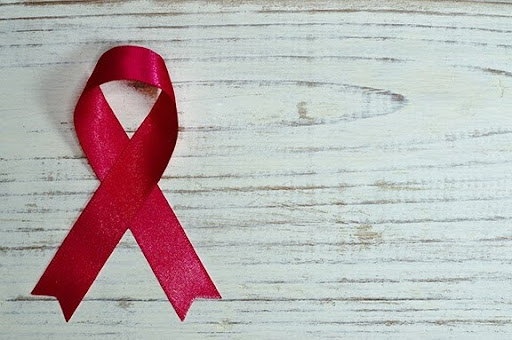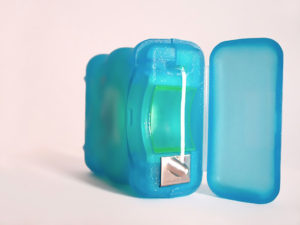
Maintaining good oral hygiene isn’t just about preserving your smile—it’s about safeguarding your overall health. Research has unveiled a profound link between oral health and systemic well-being, underscoring the importance of prioritizing dental care. At DiChristofano & DiChristofano Dental Care, we’re committed to empowering our patients with the knowledge they need to achieve optimal health from the inside out.
Understanding the Mouth-Body Connection
The health of your mouth serves as a reflection of your overall bodily health. Studies conducted by the Academy of General Dentistry have highlighted a direct correlation between gum disease and serious medical conditions such as heart disease, stroke, and diabetes. Conversely, maintaining good oral health can potentially help prevent certain diseases from manifesting.
Poor oral hygiene habits create a breeding ground for bacteria, leading to plaque buildup on teeth and heightened susceptibility to gum disease. As the immune system responds to the resulting infection, inflammation and periodontitis—an advanced form of gum disease—can ensue. Left untreated, these conditions can have far-reaching consequences throughout the body.
Elevating Your Oral Hygiene Habits
To mitigate the risks associated with poor oral health, adopting effective hygiene practices is paramount:
- Brush your teeth twice daily for a minimum of two minutes using a soft-bristled brush. Choose a toothbrush that fits comfortably in your mouth to ensure thorough cleaning.
- Replace your toothbrush every three to four months to maintain optimal efficacy.
- Opt for an American Dental Association-approved fluoride toothpaste to combat decay and promote oral health.
- Make flossing a daily ritual to eliminate bacteria between teeth and beneath the gumline, reducing the risk of gum disease.
- Embrace a balanced diet rich in nutrients and low in sugary beverages and snacks to support overall health.
- Steer clear of tobacco products, which are notorious contributors to gum disease and oral cancer.
The Importance of Regular Dental Visits
In addition to adhering to a robust daily oral hygiene regimen, scheduling routine dental check-ups is crucial for preserving both oral and systemic health. These appointments afford our team at DiChristofano & DiChristofano Dental Care the opportunity to monitor changes in your dental health, provide personalized recommendations, and intervene proactively to mitigate future health concerns.
Take charge of your health by prioritizing dental care. Schedule your comprehensive exam with Dentist Norridge today and embark on a journey toward lasting wellness. Contact DiChristofano & DiChristofano Dental Care now to book your appointment and experience the difference firsthand.










 Loose teeth, bad breath, and painful, bloody gums – these are among the signs and symptoms of periodontal, or gum, disease. Unfortunately, periodontal disease can also begin without any obvious symptoms. If left undiagnosed or untreated, you could be at risk for irreparable damage to your teeth and gums. The good news is that periodontal disease is preventable. In fact, one of the most effective tools for preventing the disease only takes a minute of your time each day.
Loose teeth, bad breath, and painful, bloody gums – these are among the signs and symptoms of periodontal, or gum, disease. Unfortunately, periodontal disease can also begin without any obvious symptoms. If left undiagnosed or untreated, you could be at risk for irreparable damage to your teeth and gums. The good news is that periodontal disease is preventable. In fact, one of the most effective tools for preventing the disease only takes a minute of your time each day. Halloween is just around the corner, and everyone, both kids and adults, are excited to indulge in sweet treats. Although Trick-or-Treating may be a fun activity, don’t forget to consider the impact it has on your oral health.
Halloween is just around the corner, and everyone, both kids and adults, are excited to indulge in sweet treats. Although Trick-or-Treating may be a fun activity, don’t forget to consider the impact it has on your oral health.